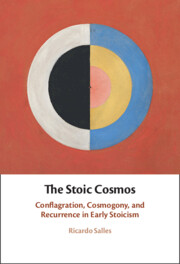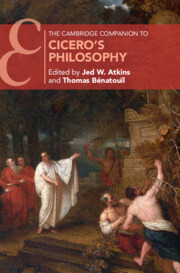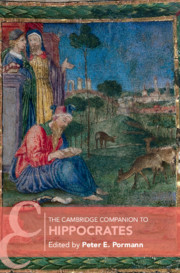The Cambridge Companion to Marcus Aurelius' Meditations
The Meditations of the second-century Roman emperor Marcus Aurelius is consistently one of the best-selling philosophy books among the general public. Over the years it has also attracted famous admirers, from the Prussian king Frederick the Great to US President Bill Clinton. It continues to attract large numbers of new readers, drawn to its reflections on life and death. Despite this, it is not the sort of text read much by professional philosophers or even, until recently, taken especially seriously by specialists in ancient philosophy. It is a highly personal, easily accessible, yet deceptively simple work. This volume, written by leading experts and aimed at non-specialists, examines the central philosophical ideas in the work and assesses the extent to which Marcus is committed to the philosophy of Stoicism. It also considers how we ought to read this unique work and explores its influence from its first printed publication to today.
- Covers current debates about Marcus Aurelius, drawing on the latest research
- Includes different perspectives on the central issues from a range of leading experts
- Rehabilitates the text into the history of ancient philosophy
Product details
July 2025Hardback
9781108832168
322 pages
229 × 152 mm
0.633kg
Available
Table of Contents
- Introduction John Sellars
- 1. Marcus Aurelius: The Man and the Meditations Caillan Davenport
- 2. The Form and Function of the Meditations as Ethical Self-Cultivation Francesca Alesse
- 3. Marcus Aurelius and the Earlier Stoic Tradition Benjamin Harriman
- 4. Nature, Providence, and Fate Gretchen Reydams-Schils
- 5. Body, Mind, Soul, and Self Lothar Willms
- 6. Value Judgements and Emotions Jean-Baptiste Gourinat
- 7. Ethics and Natural Philosophy in Marcus Aurelius Brad Inwood
- 8. Virtue and Happiness Christopher Gill
- 9. Human Society and the Cosmic City Jula Wildberger
- 10. The Early Modern Reception of the Meditations John Sellars
- 11. Marcus Aurelius among the Psychotherapists Donald Robertson.






